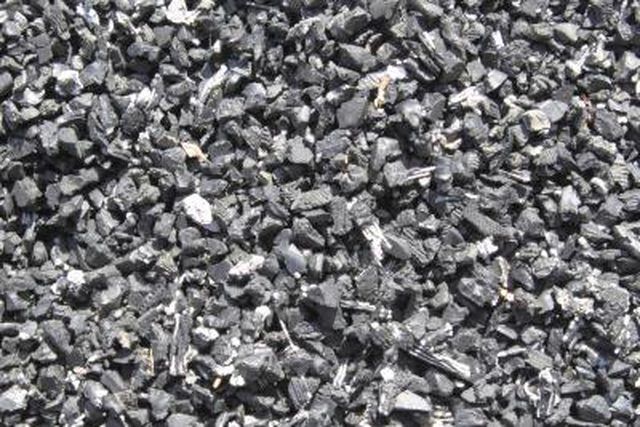Bulbs
Flower Basics
Flower Beds & Specialty Gardens
Flower Garden
Garden Furniture
Garden Gnomes
Garden Seeds
Garden Sheds
Garden Statues
Garden Tools & Supplies
Gardening Basics
Green & Organic
Groundcovers & Vines
Growing Annuals
Growing Basil
Growing Beans
Growing Berries
Growing Blueberries
Growing Cactus
Growing Corn
Growing Cotton
Growing Edibles
Growing Flowers
Growing Garlic
Growing Grapes
Growing Grass
Growing Herbs
Growing Jasmine
Growing Mint
Growing Mushrooms
Orchids
Growing Peanuts
Growing Perennials
Growing Plants
Growing Rosemary
Growing Roses
Growing Strawberries
Growing Sunflowers
Growing Thyme
Growing Tomatoes
Growing Tulips
Growing Vegetables
Herb Basics
Herb Garden
Indoor Growing
Landscaping Basics
Landscaping Patios
Landscaping Plants
Landscaping Shrubs
Landscaping Trees
Landscaping Walks & Pathways
Lawn Basics
Lawn Maintenance
Lawn Mowers
Lawn Ornaments
Lawn Planting
Lawn Tools
Outdoor Growing
Overall Landscape Planning
Pests, Weeds & Problems
Plant Basics
Rock Garden
Rose Garden
Shrubs
Soil
Specialty Gardens
Trees
Vegetable Garden
Yard Maintenance
Black Mulch Dangers
Black Mulch Dangers. Mulch has many positives: It stifles weed growth, helps the soil retain moisture and keep cool, and makes the garden look neat and manicured. If the mulch is organic, it also adds nutrients to the soil as it slowly breaks down. Not all mulches are equally beneficial -- some can be downright harmful. Black mulches, depending on...

Mulch has many positives: It stifles weed growth, helps the soil retain moisture and keep cool, and makes the garden look neat and manicured. If the mulch is organic, it also adds nutrients to the soil as it slowly breaks down. Not all mulches are equally beneficial -- some can be downright harmful. Black mulches, depending on the material, might cause problems for your plants.
Black Rubber Mulch
Black rubber mulch is made from recycled tires. It can be dyed different colors, but often it is left black. This type of mulch has a few good qualities -- it lasts for years, and it has a soft, cushiony texture. But these few benefits may not be worth the dangers. Do not use black rubber mulch around or near plants. It doesn't prevent weeds and may contain toxic materials that can harm your plants. This mulch also gets extremely hot, which can be a problem in play areas. Black rubber mulch may also pose a fire risk or become hazardous if there is a fire.
Black Plastic Mulch
Plastic mulches are usually composed of a single sheet of thick plastic. They are quite effective when used properly and have been in use since the 1960s. On the downside, plastic mulches can be unattractive, and they have to be anchored in place. These factors are only inconvenient and do not pose any dangers to your garden. One potential danger of black plastic mulch is that it heats up the soil. Soil temperatures under black plastic mulch can be 5 degrees hotter than on the surface. This can damage the roots of heat-sensitive plants, including vegetables. Many vegetables grow better under plastic mulch when a color other than black is used.
Black Wood Mulch
Shredded bark, wood and other organic mulches are usually considered good for the garden -- especially hardwood mulches They contain nutrients that enrich the soil as the mulch breaks down, and they keep the soil cool and moist. Dyed mulch is often composed of shredded wood pallets -- and this includes black wood mulch. These mulches won't add nutrients and float easily, washing away in a good rainstorm. If you choose black-dyed wood mulch, make sure it contains bark or shredded hardwood, not just "wood" if your want your plants to benefit from it.
Black Rock Mulch
Rock mulches have pros and cons like most other types. Although these inorganic mulches tend to stay in place and last longer than organic mulches, rock mulches also leave gaps that are quickly filled with weeds. In addition, they can be too heavy for fragile plants, and the tiny rocks can pose a threat to yard tools if they escape the flower beds. When it comes to any specific dangers posed by black rocks, it again has to do with the color -- black attracts and traps heat, so the major danger of black and dark-colored rocks is the heating of the soil, which can damage heat-sensitive plants.